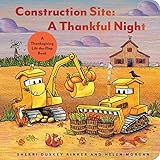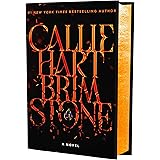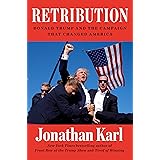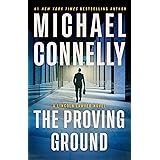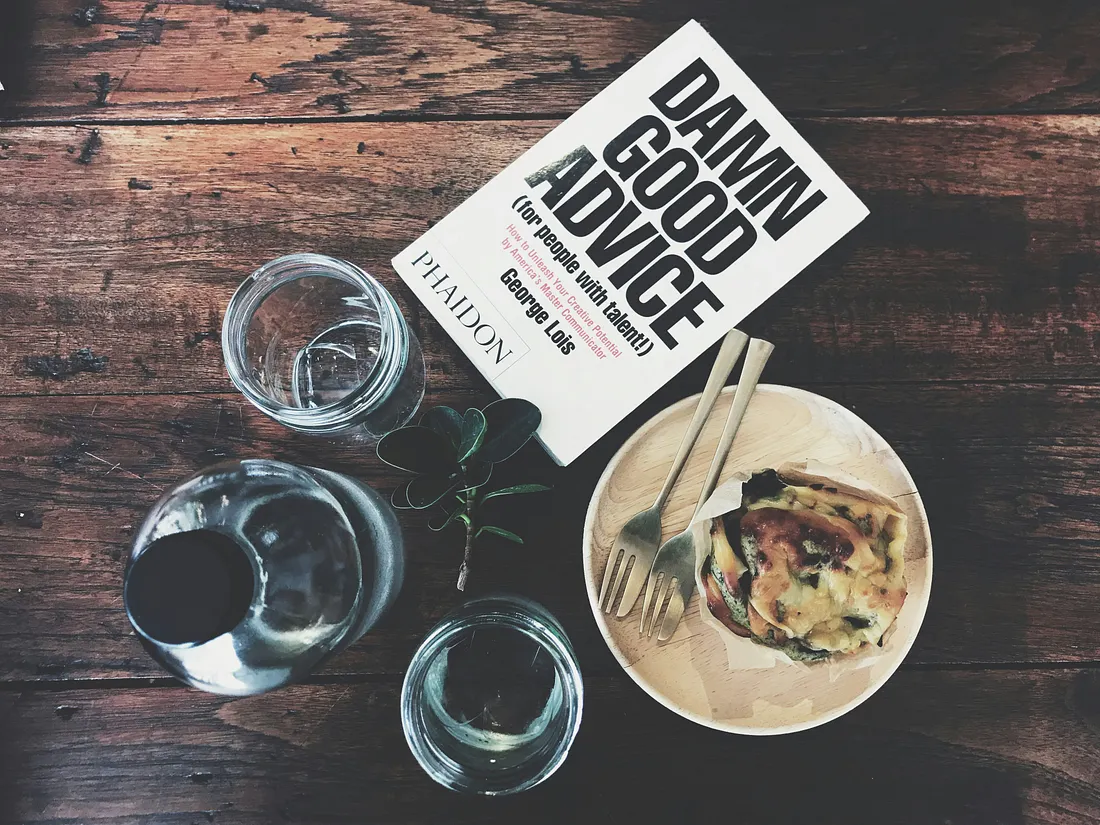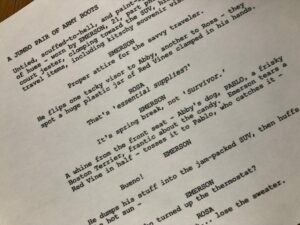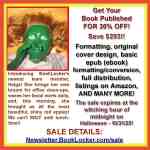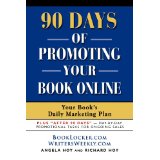Why Chasing More Often Outshines Striving for Perfection: The Surprising Truth Behind Quantity Wins

A prime directive of the comedy writer is this: write more than you need, then cut.
“If you need 10 of something, make 30. Then pick the best.” — Rick Rubin, The Creative Act
“Use quantity to get quality” — Scott Dikkers, founding editor of The Onion, Outrageous Marketing and from interview
One of the prime directives of the comedy writer is this: write more than you need, then cut.
When you ruthlessly cut what’s less interesting or less funny, you’re left with the crème de la crème.
This is the spirit of the Rick Rubin and Scott Dikkers quotes above. You can infer that Rubin is alluding to songs (10 in an album) and Dikkers to jokes and comedy writing.
But what they say is true of most if not all creative outputs.
Much of what I’m about to say about quantity will generalize to other types of serious writing. But I will focus on comedy writing (my speciality) and let you extrapolate, if you choose.
Leaning into quantity means writing more:
- more raw, half-baked ideas
- more drafts
- more scripts
- more dialogue
- more jokes
- more stories
- more, more, more (than you think you need)
Why is this so good?
I think we underestimate or overlook all the ways that quantity wins. So here they are.
Quantity = more gems
Most raw ideas are not great. But a few are.
We cannot predict which premies ideas, drafts, stories, or jokes will be good. Truly, we cannot predict this. The only way to find out is to find out. Write it, and see how it lands. Comedy writers have to be scientists performing relentless experiments.
This is not random chance. Skill matters.
Of course, as our craft improves, our batting average goes up. No one thinks that our chance of writing something funny is 100% totally random. Keep improving your craft, obviously.
But! No matter how funny a writer we are, our output will always include some okay stuff, some pretty good stuff, and a few gems.
We use quantity to get gems.
It is incredibly easy to see that this is true. Just write a bunch of jokes. You will find one or two that you really like more than the rest. A couple will shine and feel like winners.
Even better: send five jokes or premise ideas to a buddy, or post them for feedback in my Comedy Writing Challenge. (The Challenge is literally all about using quantity to win at comedy.)
The result will often be similar: whoever gives you feedback will gravitate to one or two of your ideas above the others. The gems stand out.
Much of writing just recapitulates this primal experience. If you want more gems, you keep mining. Discard whatever you don’t need.
More quantity = more gems.
Quantity = flow state
A flow state is a mental state of focus and effortless concentration where a writer becomes immersed, often losing track of time. In flow, self-consciousness goes away. Ideas come naturally, with little resistance or fidgeting.
Writing for quantity is more liable to put us into a flow state. When we’re gearing up to write a lot the filter is lower. Our guard is down. This is good. The muse rewards a writer who’s disciplined in showing up — yet chaotic and free and easy with letting the ideas flow.
Spending all day trying to write one perfect sentence is a hard, hard way to get into a flow state.
But spending an afternoon writing dozens of jokes, or an entire rough draft, is liable to lead to a flow state. It will lead to all kinds of unexpected discoveries, weird left-turns, and magical rabbit holes.
And it will probably lead to more good sentences than that one “perfect sentence.”
Quantity isn’t just a quality-control mechanism, it’s a psychological shift toward flow and freedom.
Quantity = more brain re-wiring
To improve our craft, we must wire our brains for the creative act we prize. When we read and write, we wire.
You’ve got to write a lot of stories, sketches, jokes, and comedy pieces, to get good at writing stories, sketches, jokes, and comedy pieces. With each rep, the brain adapts just a little. The neurons re-wire an iota or two in the right direction.
When you do more reps, you wire your brain faster.
Which comedy writer is wiring more and faster? The one who writes 1 joke per week, or the one who writes 50 jokes per week? Rhetorical question, dawg.
Quantity = less precious
Being “precious” about one’s work means being protective, guarded, and outcome-oriented. It means you emotionally invest too much in any one line or any one draft, even if reality is telling you that that line or that draft isn’t working.
I recently wrote a draft that I thought was clever. My writing group didn’t really like it. I re-wrote a tighter version with a tweaked premise and sent it to another buddy. I got lukewarm notes. I think I’ll toss it in the graveyard and work on other ideas. It might just be a bad idea. No biggie!
Over-investing in a bad idea (however big or small) — then not taking the hint when it’s not working out — is a great way to waste the days. Preciousness is how we torch daylight on ideas that won’t click.
But preciousness doesn’t just lead to wasted time, it leads to emotional defeat when that idea doesn’t work out as planned. Meaning: bad audience reaction, gatekeeper rejection, or whatever. Preciousness means emotional attachment to your idea which means exaggerated defeat when it doesn’t work out.
Quantity is the opposite of preciousness.
Draft rejected? Who cares. 3 more drafts in the queue. And 30 more promising headlines that beg to be written.
Joke flopped? Fabulous. It’s an easy cut given the dozen other jokes that worked better.
Short story feels boring and unreadable? Who cares. How many more short stories could you start in the next 4 weeks that have a more exciting hook? Easily several.
To put it another way:
Quantity = abudnance mindset.
It’s hard to defeat a person with abundance mindset because the answer is always, “well, there’s plenty more where that came from.”
Quantity turns you into a writing beast.
There’s an old adage that goes something like this: “when you want something done, give it to a busy person.”
Recasting that for art: The more art you make, the more art you can make and want to make.
Procrastination, hesitation, and inaction just feed more procrastination, hesitation, and inaction. This is human nature. Laziness makes us sleepy.
And the converse is true: Action, creativity, and output, tend to just feed more action, creativity, and output.
We’re wise to give a task to a busy person because we know they’re action-oriented. They make shit happen rather than waiting around for shit to happen to them.
The writer who embraces quantity becomes a generative beast. They become addicted to writing, finishing, and shipping. This is related to the abundance mindset, but it is not quite the same.
The abundance mindset — “there’s more where that came from” — is the belief that underlies becoming a writing beast.
But to become a writing beast, all you have to do is keep writing a lot. Then it’ll happen on its own.
Join the 21 Day Comedy Writing Challenge: Build a writing habit in just 15 minutes a day.

